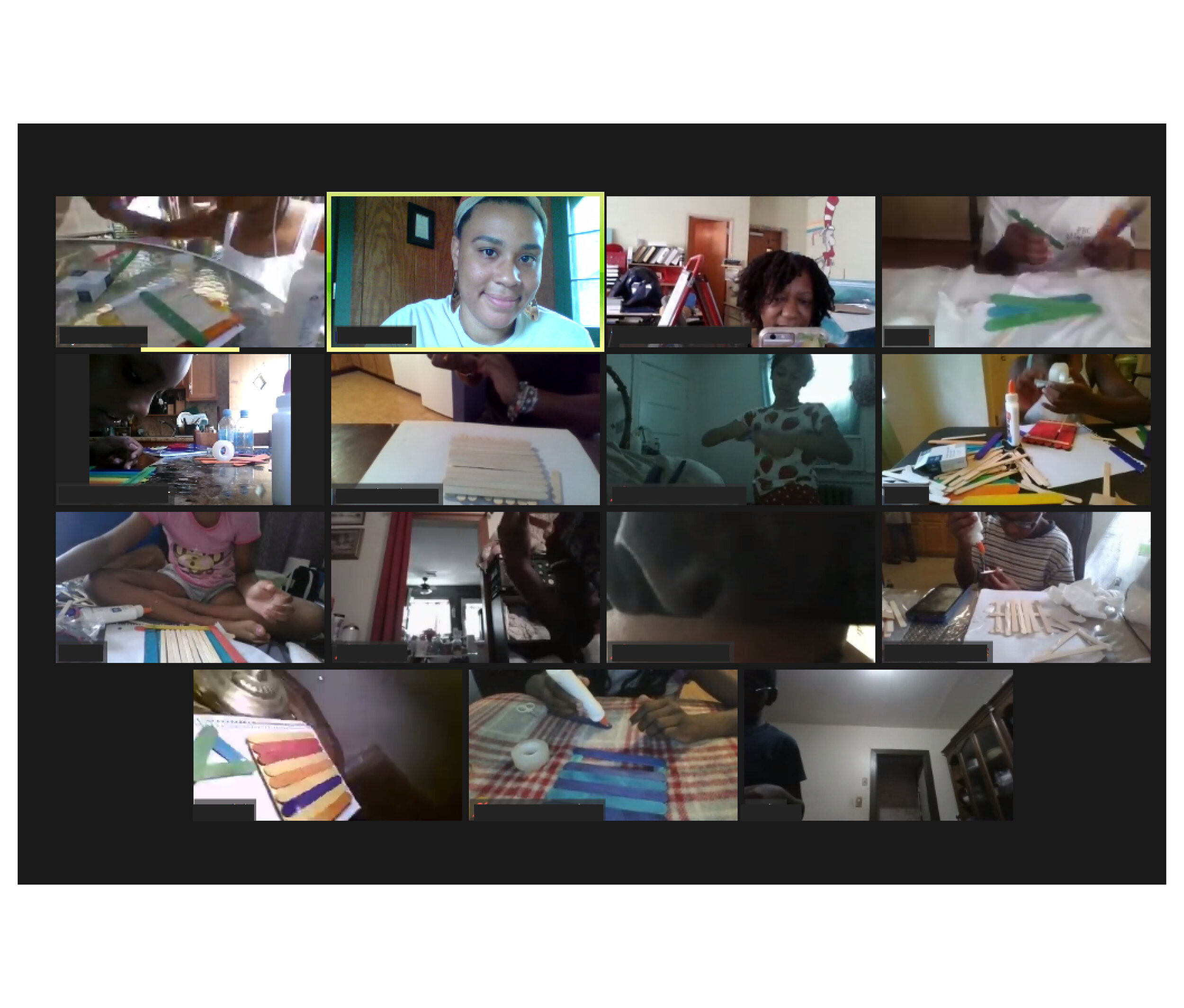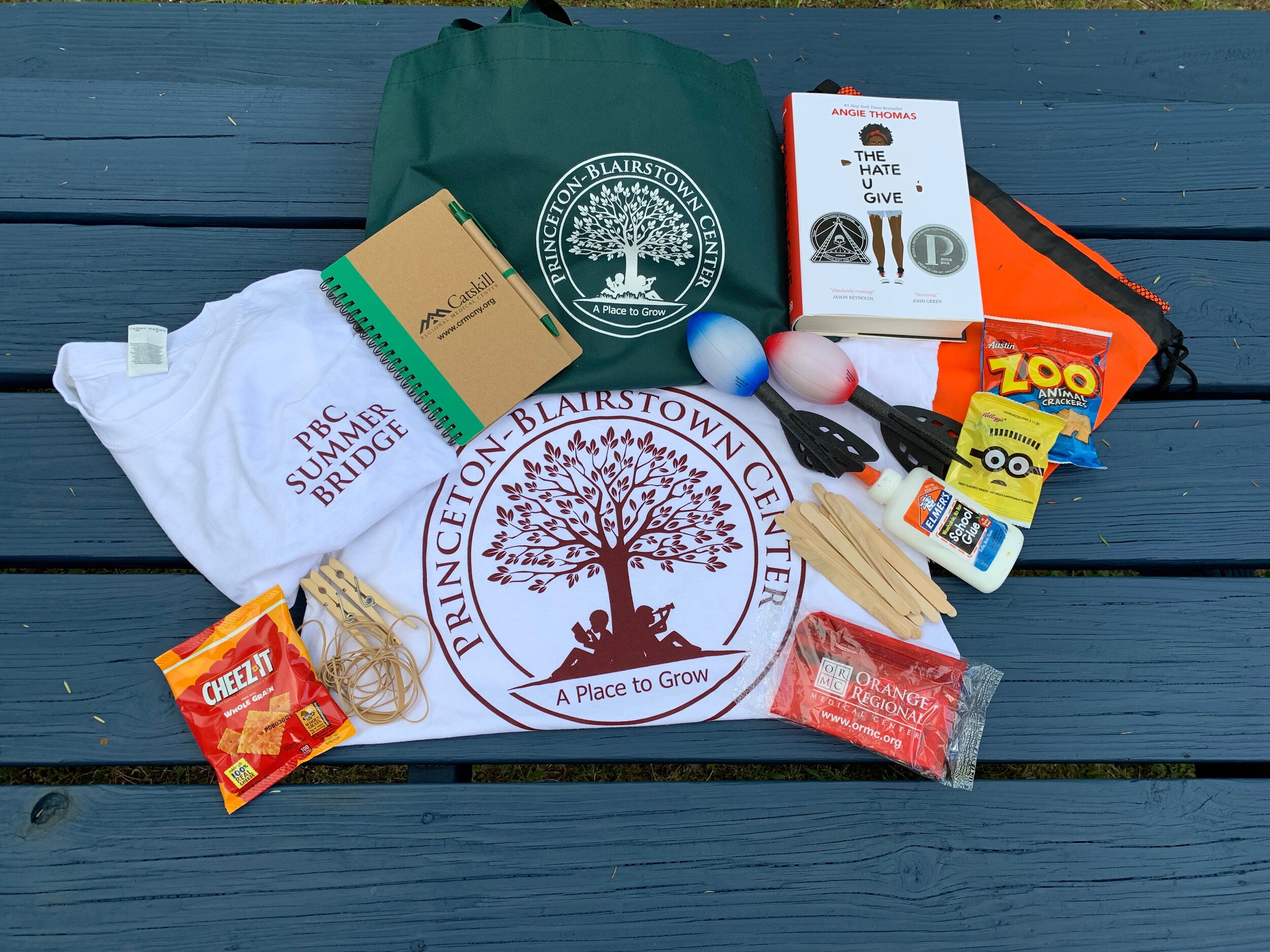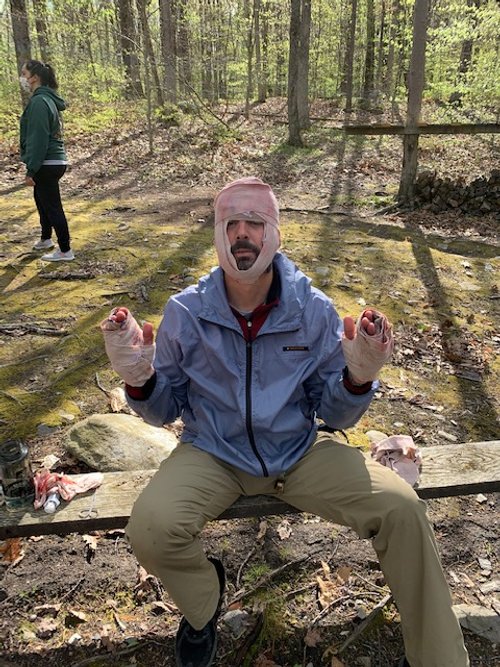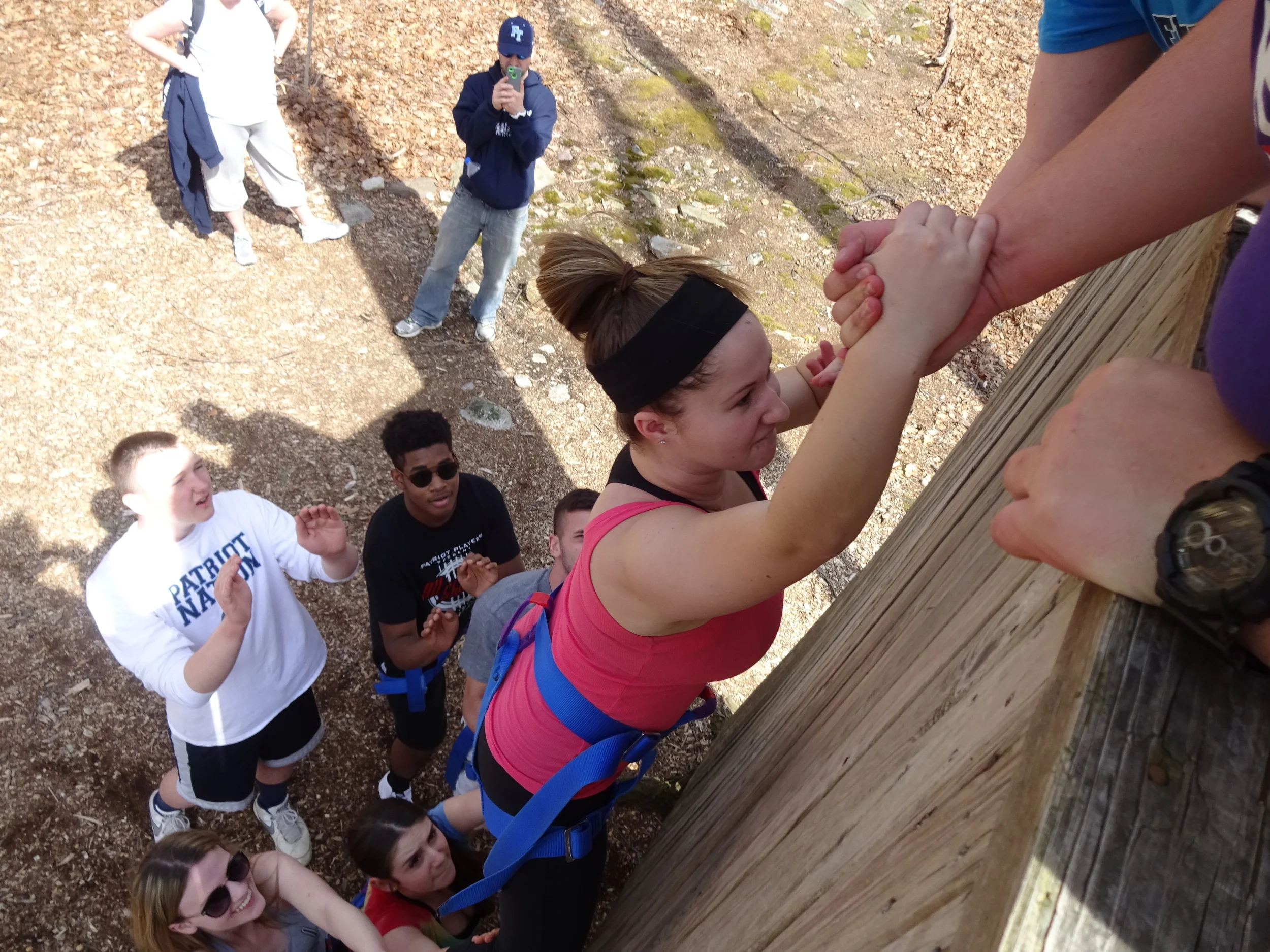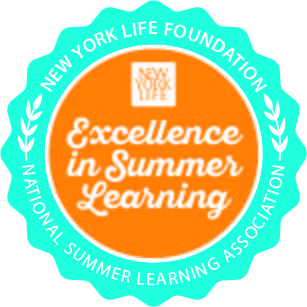Learning Leadership in the Outdoors
/In a year full of unexpected detours, rethinking, and “firsts,” the Center will offer a fall semester of environmental education and outdoor skills instruction for the inaugural iteration of Wilderness Leadership School.
The Center’s natural setting is a perfect outdoor classroom; multiple distinct habitats enable a wide variety of STEAM activities and nature/ecology study.
Conceptualizing the program started when, over the summer months, hopes of students having a “normal” school year were dashed as the country experienced a brisk resurgence of the Covid-19 cases, including in places where schools tried re-opening for in-person instruction. Considering Governor Murphy’s decision to allow school districts to create remote and hybrid school day options for students as an opportunity for programmatic innovation, the PBC Program team put their heads together to create a new curriculum and unique outdoor learning experience for Fall 2020.
Offered weekly for a full day’s worth of exploration and discovery, Wilderness Leadership School offers students ages 7-18 a chance to experience the Center’s Blairstown Campus as an outdoor classroom. After a full summer of practice with the Center’s Family Camp programs, PBC facilitators are ready to lead socially-distanced explorations of watersheds, forest ecology, or other environmental education topics each morning. After a balanced boxed lunch prepared in-house by Chef Bob, afternoon sessions will include outdoor competency and skill-building such as canoeing and kayaking, shelter- and fire-building, wilderness survival skills, orienteering, water safety, and adventure and climbing course instruction.
Last year’s Homeschool Program participants encourage one another on the ropes course.
“With the many different versions of what students’ school days will look like this fall, there was an opportunity to offer families a way to supplement to traditional instruction, while observing social distancing and providing an opportunity for safer peer-group interactions,” said Pam Gregory, President and CEO of the Center. “Our outdoor spaces have long been used for summer learning, so it seemed only natural they could be an asset at a time when gathering indoors is not advised.”
To learn more, to share this opportunity with students and families in your life, or to register, please visit the Wilderness Leadership School page.




